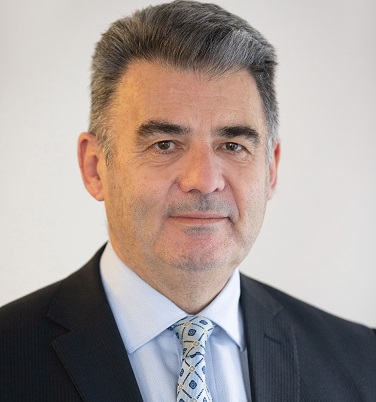Background
Commissioner of Taxation v Primary Health Care Limited [2017] FCAFC 131 was an appeal by the Commissioner of Taxation (“the Commissioner”) from a decision of the Administrative Appeals Tribunal (“the Tribunal”) to treat five objections against assessments for the financial years 2003-2007 as having been lodged on time.
The Respondent, Primary Health Care Limited (“Primary”), is an Australian company that functions as an operator of medical centres. For the purpose of operating these medical centres, Primary holds on retainer a variety of medical professionals under contractual arrangements to maintain the operation of these medical centres. Primary acquired all necessary practices related to these medical professionals under practice sale deeds.
Amongst other things, the appeal had to consider whether the purchase price paid by Primary to the medical professionals was on the capital or revenue account.
From the financial years 2003-2007, the purchase moneys paid by Primary to the medical professionals was assessed for taxation purposes as on capital account. The Commissioner accepted this categorisation until 2014, where based on the development of a new view of the business relationship between Primary and the medical professionals, he announced that a review was to be conducted.
Primary sought advice from Ernst and Young regarding the tax treatment of the revenue generated by the practice sale deeds. Not long after, in a private ruling, the Commissioner for the first time considered that sale proceeds to medical professionals was assessable income. On the 15th January 2015, stemming from advice from Ernst and Young, Primary filed an objection relating to the 2010 financial year on the basis that it could claim the purchase price as a reduction.
Based on Primary lodging a number of subsequent objections for the earlier financial years of 2003-2007, the matter became an issue of whether the objections had been lodged on time (within four years of the relevant assessment) according to s14ZW(1)(aa)(ii) of the Taxation Administration Act 1953 (Cth)(“TAA”). An objection may be lodged out of time so long as it is accompanied by a written request for the Commissioner to deal with the objection as if it had been lodged within that period as per s14ZW(2) TAA.
The Commissioner used his discretionary powers under s14ZX(1) to refuse this request. The Tribunal can review the Commissioner’s ruling under s14ZX(4) TAA. Primary sought review of the Commissioner’s decision by the Tribunal, which subsequently upheld the review application, substituting a new decision stating that the objections were taken to have been lodged within time. The Commissioner chose to appeal the review of the Tribunal under s 44 of the Administrative Appeals Tribunal Act 1975 (Cth).
Decision
The Commissioner argued that he would suffer prejudice because if Primary’s five objections had been lodged in the usual time then he would have been able to consider amending the assessments which had been made to the medical practitioners on the basis that the purchase money that had been paid to them by Primary was on revenue account. The Commissioner stated that the failure to lodge the objections in time effectively constrained his ability to regulate taxation correctly for a number of individuals.
The Tribunal were quick to point out that there is no symmetry between the tax treatment of a payment in the hands of Primary and the Medical practitioners. The deductibility of the payment to the payer is not determinative of the categorisation of this payment in the hands of the Medical practitioner. The Tribunal found that the delay in lodging by Primary was readily understandable and lacked any real prejudice towards the Commissioner.
Any failure of the Commissioner to address the tax treatment of payments received by the Medical practitioners was ruled to be the Commissioners own doing.
The Commissioner’s appeal was dismissed by the Tribunal.
Is the purchase price to be held on the capital or revenue accounts?
We can observe that the Commissioner, in a private ruling to one of the medical practitioners, held that in the hands of the medical practitioner, the sale proceeds were to be treated as assessable income. The Tribunal observed that this decision was made on the basis that the purchase price was a payment to secure the practitioners services, rather than for the purchase of goodwill. Whilst this decision by the Commissioner is an indicator of changing trends, we must await a ruling from the courts following a dispute from one of the medical professionals to gain certainty.
Without an explicit ruling in this appeal, it is strongly implied that the purchase price is considered as deductable for Primary, thus considered on the revenue account. In this case, the purchase price of the medical practice was considered deductable to the acquirer and assessable to the seller. It is important to note the Tribunal’s comments stating that there is no necessary symmetry between the tax treatment of a payment in the hands of Primary and as opposed to the hands of a Medical practitioner.
We await future disputes and subsequent determinations by the Court for clarification on these matters.
GET IN TOUCH:
Jed Gillespie
Tax Paralegal
jed@petergell.com.au


